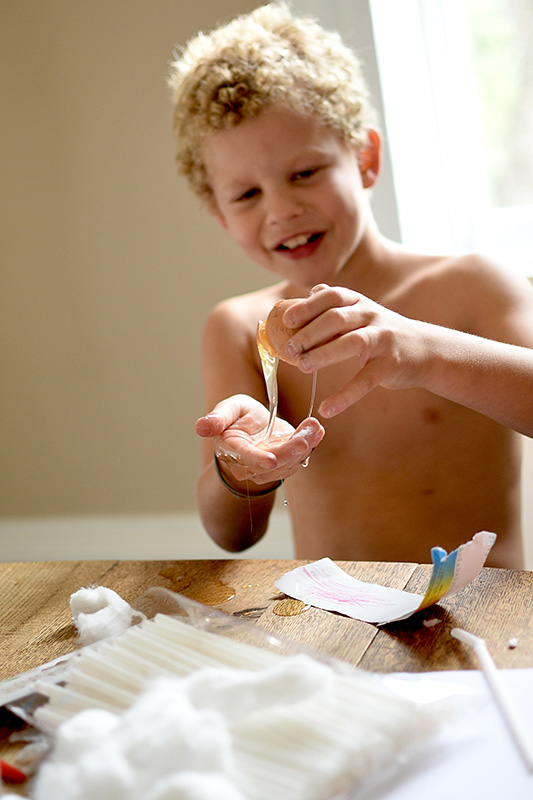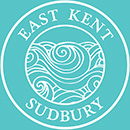I just recently certified as one of the first Compassionate Inquiry Practitioners in the country. Compassionate Inquiry (CI) is a psychotherapeutic approach that has been developed by Dr Gabor Maté that reveals what lies beneath the appearance that we present to the world. Through CI we can recognise more of the unconscious dynamics that run our lives and start to achieve a sense of liberation from them.
So what does this have to do with democratic schooling. Well, we pick up these unconscious dynamics and beliefs throughout our life, in particular our childhood and our schooling plays a pretty big role in our upbringing. In doing so it contributes to the types of beliefs that we pick up.
I think we can all agree that one of the main purposes of education is to prepare our children for adult life. Our beliefs are very much part of these unconscious dynamics that run our lives and so for me, it is important to think about the types of messages about ourselves that we may be picking up on. Because we will form our beliefs from the messages we receive from our world.
I want to invite you to think back to your own experiences of school, wherever and whatever it was. Depending on the decade, culture and many other factors you might have very different experiences. We are not interested in comparing here. Spend a few moments just considering some of your experiences.
Some of the things that might have happened:
- You were punished for making a mistake or doing something wrong – This could have been a physical punishment or a detention or even just a look of disapproval. This type of discipline is sold to us as being good for us, shaping our character and building up our own self-discipline. Guiding us to be better students.
- You were given some information, told it would be useful, requested to learn it and tested on it. If you didn’t remember this information then you might have been told you were not very clever or even maybe a learning difficulty of some kind. If you did remember then well done, you might be considered intelligent and a good student with good prospects.
I’ve picked two maybe obvious ones, but make sure you spend a bit of time and consider your own experience. Consider these things happened to you at school. And now consider some of the unconscious messages that you receive, especially if they happen again and again. For some, you could have also been getting these messages at home.
Here are some of the underlying beliefs that I many of the children I work with hold:
| Examples of core beliefs | Examples of other types of beliefs |
| I am bad | Learning happens in school |
| I am not good enough | Subjects are separate from each other |
| I am stupid | Learning is separate from other areas of my life |
| My needs are not important | I need someone else to teach me in order to learn |
| My safety is not important | My ideas are not important |
| I am a failure | I must please the adults in order to get by |
| There is something wrong with me | Learning is hard |
Here is just a few and this list is certainly not exhaustible. Just because you went to school as well, doesn’t mean that you necessarily picked up all of these beliefs. Some of you might have developed already more benevolent core beliefs for your family life that meant school was more of a game and you would not take what happened there too personally. Of course, not everyone is this lucky though. But I would just invite you to get curious. Which ones, if any, resonate with you?

In a democratic setting like EKS, much of the staff, rather intuitively spend a lot of time thinking, considering and being mindful about the messages that our community gives to the children. This is because we recognise that if we can help to instil beliefs, for example, that ‘I am good enough’, ‘learning is easy’ or ‘my needs are important,’ then children really can go on to do what they want in life. And what’s more, is they can do that with as much of the joy and a passion that we all had as babies learning about their world.
And if you come here with these beliefs already developed we can help to break them down and challenge them. The good news about beliefs is that they are just an acceptance that something is going to be true. You might say: I believe it will rain today or I believe he is not coming. You wouldn’t say: I believe the fire is hot or I believe the sky the blue. This is because, you are certain that the fire is hot and the sky is blue. So beliefs can be challenged and worked with.
Children are good enough at EKS, because they are accepted fully. They don’t have to prove anything. There are no tests other than the tests that the they set themselves. As long as they can act safely and responsibly to themselves and other members of the group they are free to use their time as they wish. They are good enough to use their time valuably.
Learning is easy at EKS because you have the space to follow your passion and explore. In that sense the learning that you did as a baby, as a young infant seamlessly follows you into your school life. We know it is the easiest way to learn and the children demonstrate this all the time.
Your needs are important at EKS. If you don’t like something you can do something about it. You can create change. You have a vote, you have a say and you can use it.

You cannot be a failure at EKS because there is no benchmark. We have complete faith in your own process and your autonomy. We see the success in you already and all we do is try and create the environment where you will realise that success.
So now think back to your own education again. What has had more of an impact on your life. Is it the stuff you learnt at school? Or is it the beliefs that you picked up from school? Do you remember the content of what you learnt in the lessons or do you remember what your teachers were like as people and how they treated the people around them?
The environment in mainstream schools is build more around learning stuff at school, where as the environment here at EKS is built around cultivating those beliefs that may stay with you for the rest of your lives.
To find out more about compassionate inquiry you can visit my website www.joeatkinson.co.uk

How wonderful. I would have bloomed in an environment like this.